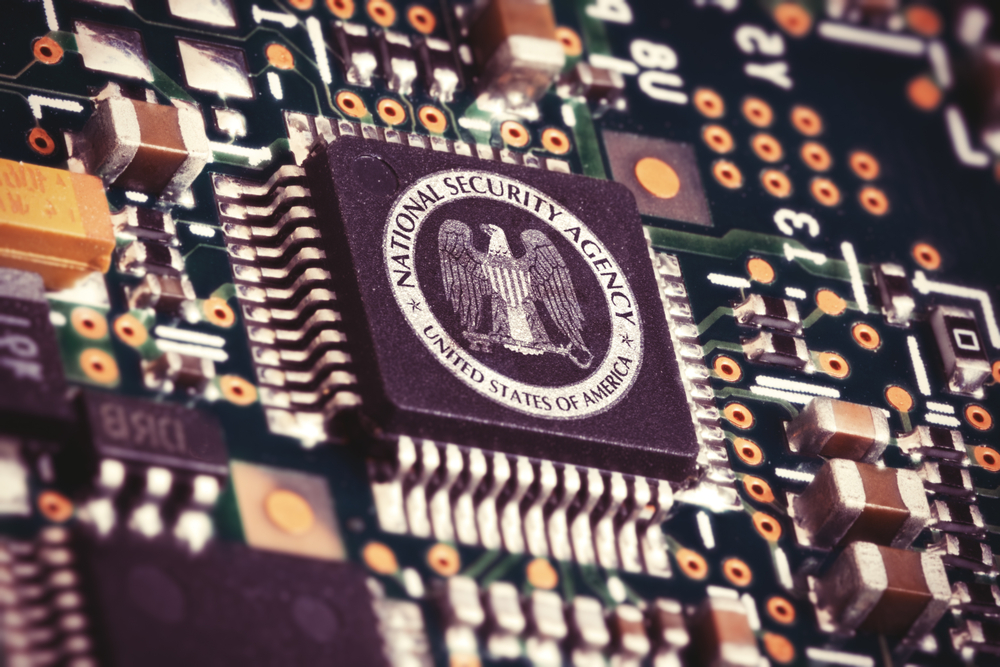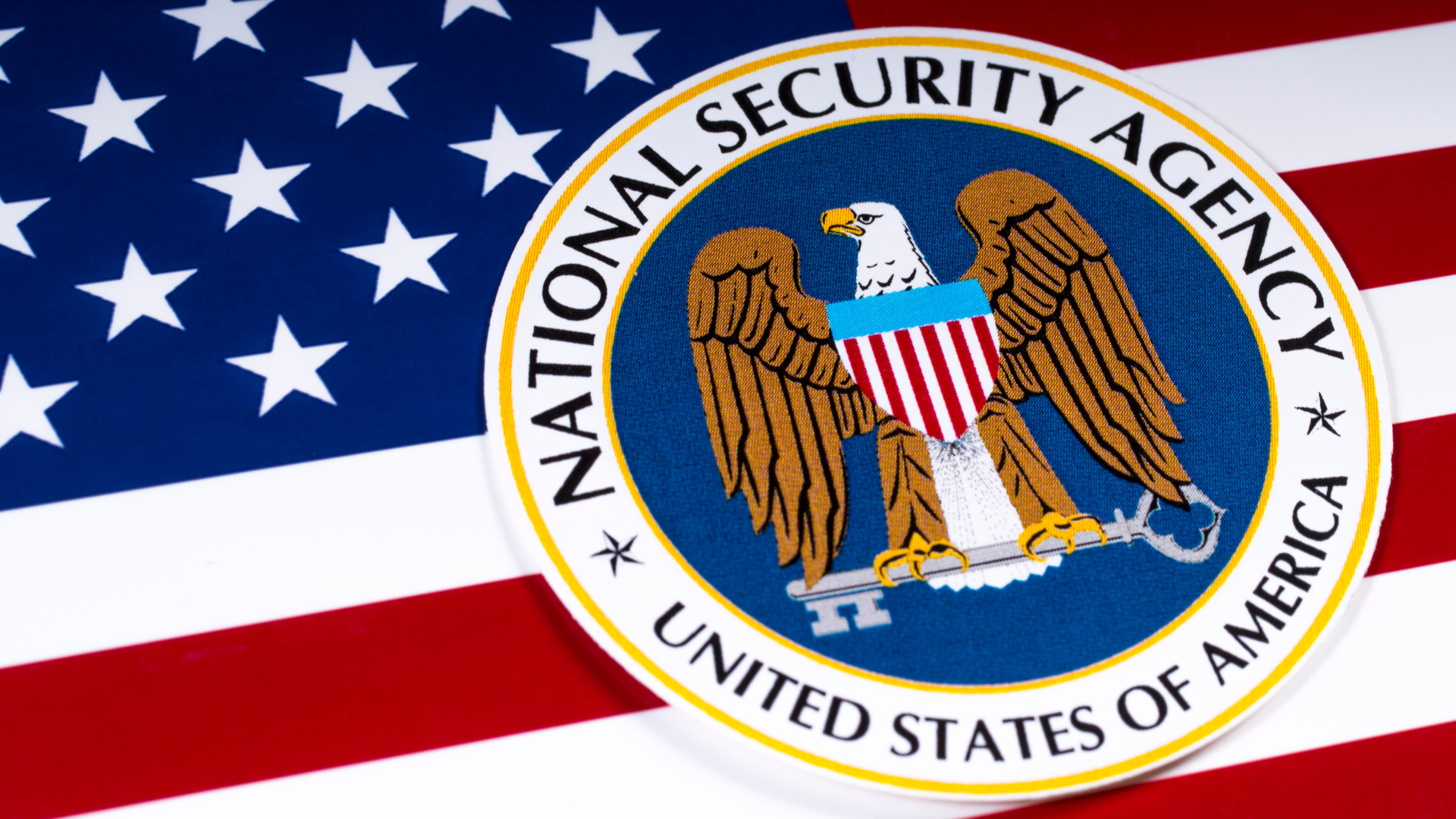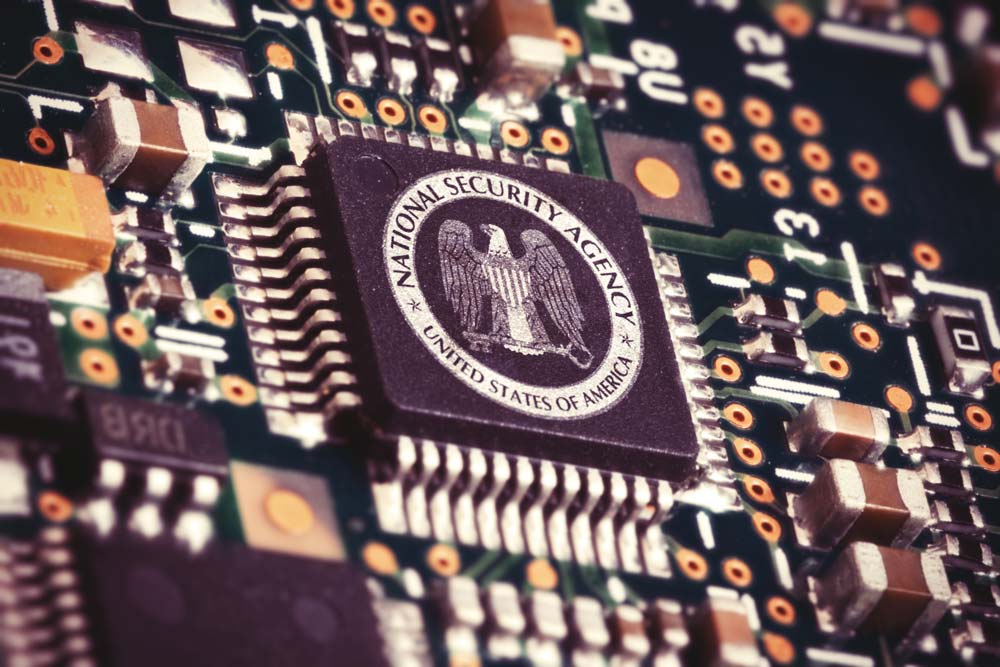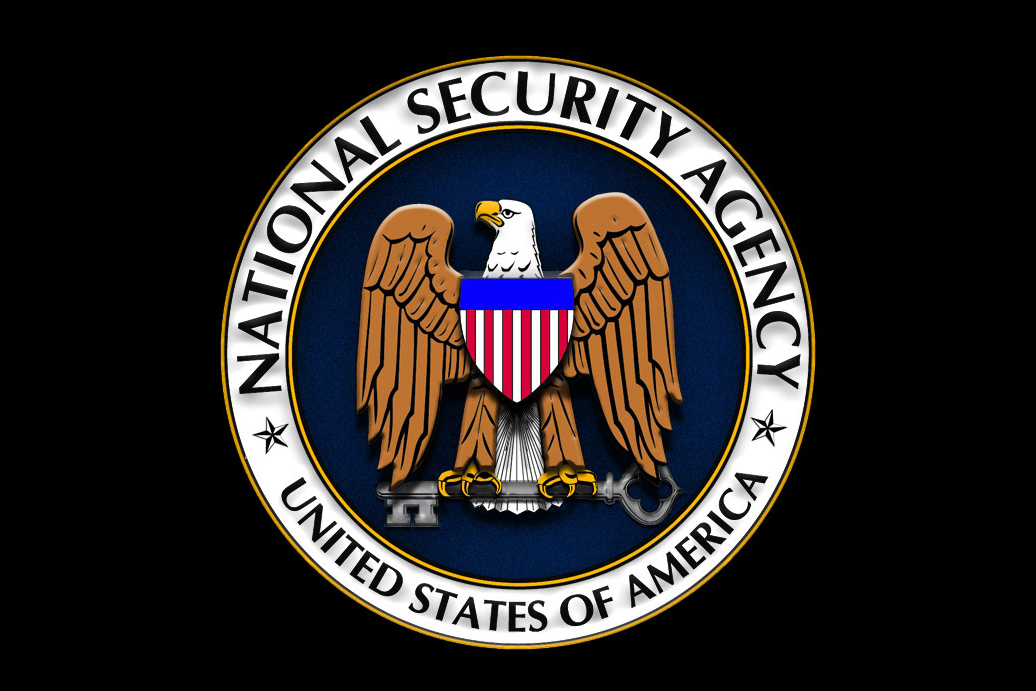If you're surprised the NSA can hack your computer, you need a reality check
We’ve reached a situation where OSes are so complex, they're impossible to secure

Colour me shocked. It appears the NSA has been collecting a treasure trove of hacks for Windows, both desktop and servers, covering all versions of the OS bar Windows 10. And this toolbox of capabilities, which also included ways to get into banking and other related systems, has leaked to the public.
I suspect your jaw isn't gaping in surprise. What's followed has been just as predictable.
First, there's shock that the NSA might have built such a collection of exploits. Sorry, what do you expect the NSA to be doing? Creating toolkits that can be used against undesirables is what it exists for. Injecting custom spyware onto the laptop of a terrorist could bring up incredibly useful intelligence information, after all.
Then there's the public horror that the NSA didn't tell Microsoft about the exploits. Why is anyone surprised? Sure, it's good practice for security researchers to tell Microsoft (or Apple, Facebook, Google, whoever) that they've uncovered a security hole. There are processes in place by which such reports are made, the vendor is given time to patch things and issue an update, and then the exploit is made public once the patch has been issued. It's all very gentlemanly, and some companies even offer financial rewards.
Would I expect the NSA to tell Microsoft about the exploits? Of course not. Keeping such flaws hidden from Microsoft meant they were exploitable for as long as possible.
No-one is suggesting the NSA, or any other equivalent organisation, is using these tools against the wider population. I don't think there have been mass deployments of EmeraldThread or EternalRomance or EclipsedWing or any of the other rather charming codenames. (Nasty1 and Nasty2 and ReallyNasty3 just don't have the same ring to them.)
But then we come onto the real problems. The tools have now been released into the wild, and it doesn't take much effort to download them. This means there will be a flood of script kiddies trying them out and targeting everyone from NASA to the takeaway down the street. That's a whole pile of grief no-one needed.
Get the ITPro daily newsletter
Sign up today and you will receive a free copy of our Future Focus 2025 report - the leading guidance on AI, cybersecurity and other IT challenges as per 700+ senior executives
It would be interesting to analyse which antivirus packages would protect you against these exploits. My hunch, backed by discussions with friends in the industry, is almost none. As they say about financial results, past performance is no guarantee of future results.
Even so, now the toolkit has leaked, it's of much less use to the NSA, and any other organisations that might have had access to it. That can't be a good thing. Don't confuse that statement with any desire on my part to see government-mandated encryption backdoors being forced into end user applications. I see a difference between what an organisation such as the NSA or GCHQ does and the far more widespread misuse of data-snooping that we have seen in the UK. And my distrust of the ability of government departments, including the NHS, to keep massive datasets secure has almost no limits.
Then we come to Microsoft's interesting claim that these exploits have been patched already, but only very recently. One wonders whether the NSA told Microsoft about the leak once it knew its toolkit was compromised and Microsoft went into top gear to get fixes out as soon as possible.
It does mean, of course, that the old mantra about running only the most current and fully patched versions of applications and operating systems is as true today as it has ever been. Microsoft rather coyly states that "Of the three remaining exploits, EnglishmanDentist', EsteemAudit', and ExplodingCan', none reproduces on supported platforms, which means that customers running Windows 7 and recent versions of Windows or Exchange 2010 and newer versions of Exchange are not at risk." So if you're on XP, you're on your own.
It's also true that we've managed to get ourselves into a situation where OSes are so complex that it is now effectively impossible to ensure they are secure. The approach taken by Apple's iOS, forcing a walled garden approach on the developers and the execution of code, is arguably the most secure widespread end user platform available. But that still doesn't mean that the core OS itself is secure. Is open source the answer? Maybe, but exploits are found there too.
You may be thinking I'll use this final paragraph to deliver the answer. Sadly, there isn't one. If GCHQ or the NSA want to access my computers, they will either hack their way in, use a backdoor that we don't know about, or just turn up with a warrant and remove every device fitted with a mains plug. And there is nothing I, or you, can do.
This article originally appeared in PC Pro.
-
 Should AI PCs be part of your next hardware refresh?
Should AI PCs be part of your next hardware refresh?AI PCs are fast becoming a business staple and a surefire way to future-proof your business
By Bobby Hellard Published
-
 Westcon-Comstor and Vectra AI launch brace of new channel initiatives
Westcon-Comstor and Vectra AI launch brace of new channel initiativesNews Westcon-Comstor and Vectra AI have announced the launch of two new channel growth initiatives focused on the managed security service provider (MSSP) space and AWS Marketplace.
By Daniel Todd Published
-
 NSA issues guidance on encrypted DNS usage
NSA issues guidance on encrypted DNS usageNews The US National Security Agency warns enterprises not to use third-party DNS resolvers
By Danny Bradbury Published
-
 Shadow Broker exploit dumps five million cyber attacks
Shadow Broker exploit dumps five million cyber attacksNews Kaspersky: Hacking tool leaks fuel cyber criminal activity
By Adam Shepherd Published
-
 The NSA is sharing projects on GitHub
The NSA is sharing projects on GitHubNews Some of the projects are outdated, but could prove useful to some open source developers
By Clare Hopping Published
-
 Juniper Networks to ditch alleged NSA eavesdropping code
Juniper Networks to ditch alleged NSA eavesdropping codeNews New security systems without the code will be shipped in first half of this year
By Jane McCallion Published
-
 AT&T and NSA collaborated on "vast" surveillance program
AT&T and NSA collaborated on "vast" surveillance programNews Documents reveal the two organisations have been working together for decades
By Clare Hopping Published
-
 NSA phone spying was illegal, rules US court
NSA phone spying was illegal, rules US courtNews Patriot Act does not cover bulk data collection, says Court of Appeals
By Jane McCallion Published
-
 Ex-NSA director: Support for insecure cryptography tool "regrettable"
Ex-NSA director: Support for insecure cryptography tool "regrettable"News The solution was riddled with backdoors but was pushed to businesses regardless
By Clare Hopping Published
-
 Edward Snowden awarded three-year Russian permit
Edward Snowden awarded three-year Russian permitNews The former US intelligence contractor is working in an IT-related job, although he has a modest living
By Clare Hopping Published